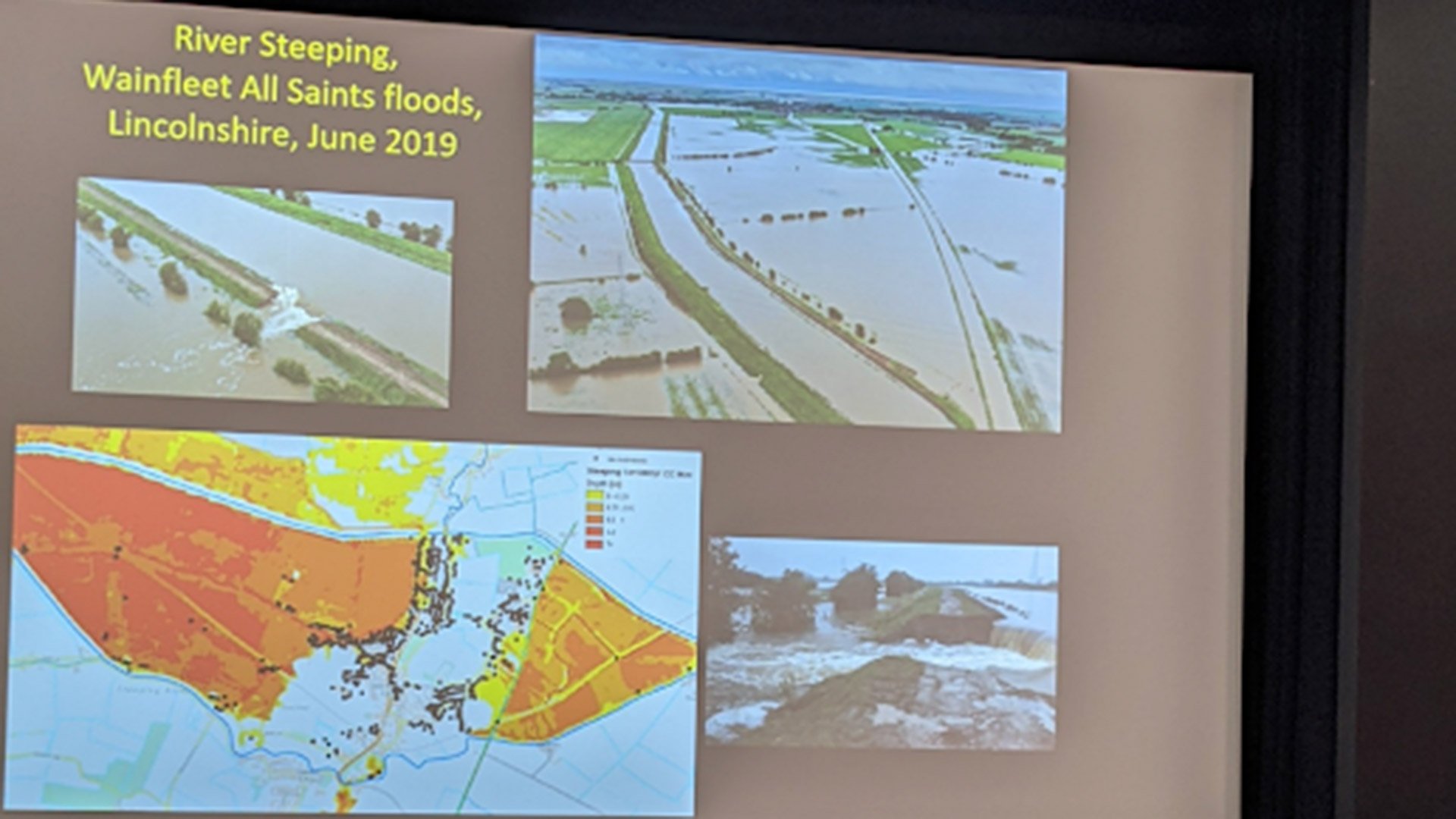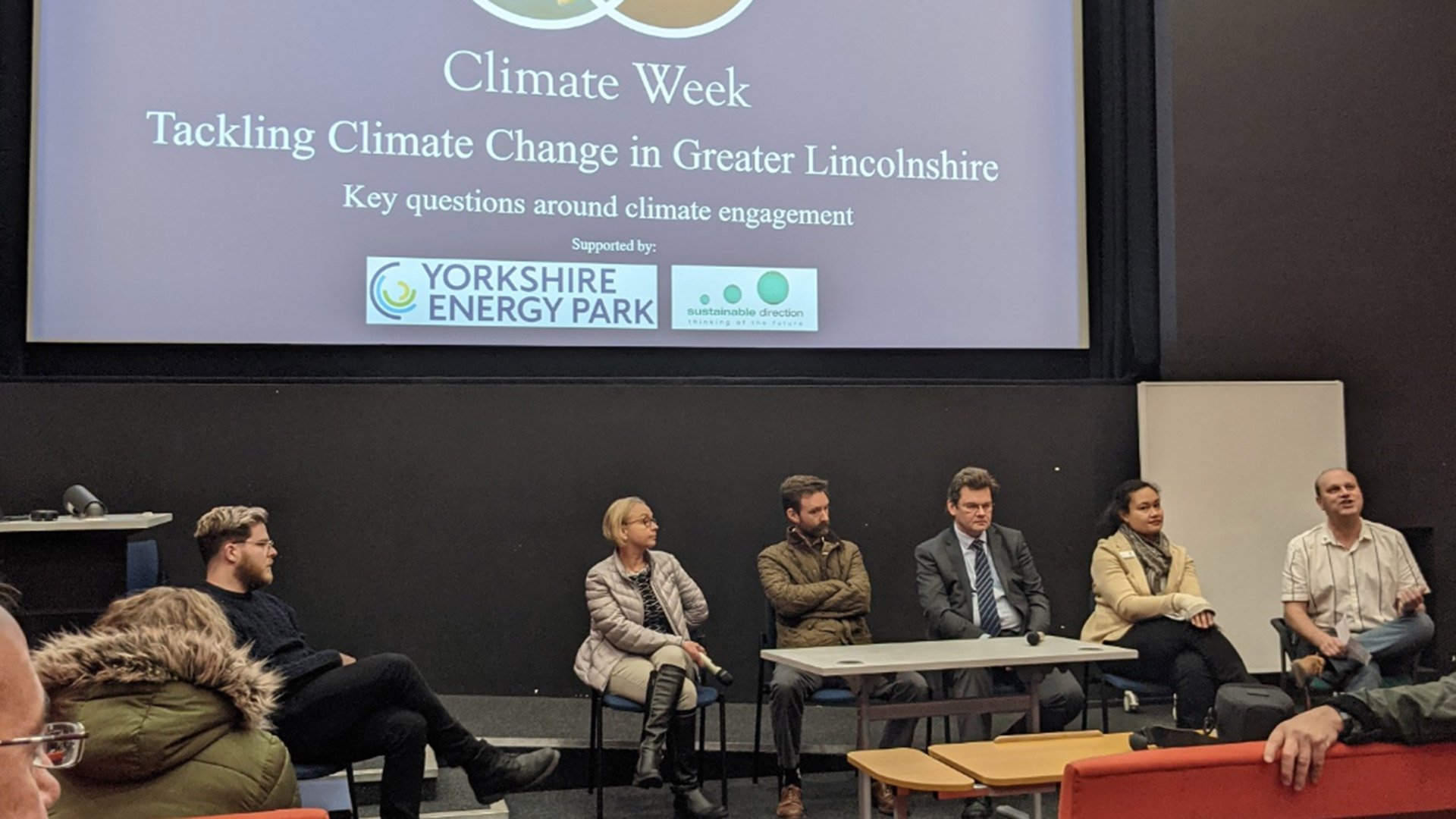As the world unites to tackle the climate change, the University of Lincoln is doing its bit by hosting a range of week-long events to support COP26.
The Lincoln Climate Change Research Showcase was held this week at the university, with 10 speakers, three county members, students and public as audience.
Professionals from various walks of life came together to disseminate information about their field of expertise, with a focus on climate change.
The event started with the first set of groups meticulously explaining the impact and presence of climate change – mostly for the skeptics who believe it to be a hoax. Prof Edward Hanna started the event by talking about the proofs of climate change at local and global level, mainly via establishing the links between variability in North Atlantic jet streams and severity of weather experienced by the UK.
Next up was Prof Anna Wilkinson, who explained how environment impacts the reptiles at developmental level – where environmental heat plays a major role during an egg’s incubation; and at adulthood where reptile’s growth and social behaviour vary according to the outside temperature.
Prof Chris Thomas’s talk included the rise in malaria cases, especially in sub-Saharan Africa due to prolonged monsoon; which is conducive for malaria to survive.
The first half concluded with Dr Jing Zhao introducing the audience to Passivhaus: a sustainable housing typology and Prof Mark Macklin reminded the locals about the floods in Lincolnshire in the recent past and informed about the upcoming research of the University of Lincoln in the areas of climate change risk assessment.

Speakers discussed climate issues. | Photo: University of Lincoln
After a short break the second set of groups took over the stage and mainly pressed upon varying means and ways to combat climate change.
Other speakers included a Phd student, Beth Warman, whose area of research is how a mindfulness-based approach can be used to influence people to be more sustainable and Dr Scott Brewster, who uses the medium of Gothic to ignite a sense of eco-consciousness among its readers.
The event concluded with a panel discussion between Kate Bell (climate change manager, Lincolnshire County Council), David Hickman (head of environment, Lincolnshire County Council), Mark Schofield (project officer, Lincolnshire Wildlife Trust) and University of Lincoln representatives.
When asked about the extent of involvement of people in terms of climate issue, Kate replied by reminiscing about the time when people hardly cared about the issue in 2005, to 2018 when people questioned the authorities and campaigned regularly to bring about a change.
The audience left the conference hall with David Hickman’s message: “Climate change, being an ongoing process, has to be solved with cumulative efforts of every stakeholder and county would do everything to educate, engage and facilitate the people to be a part of the change.”





